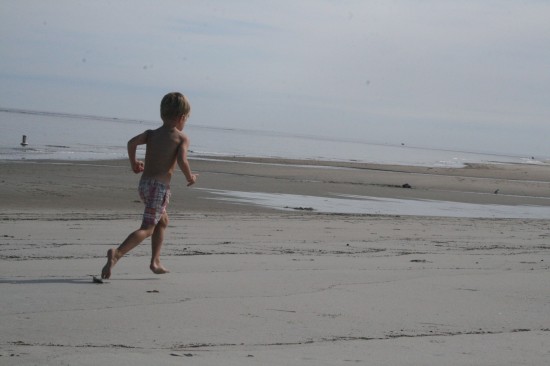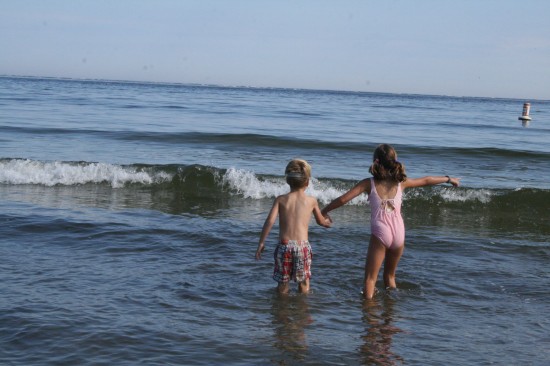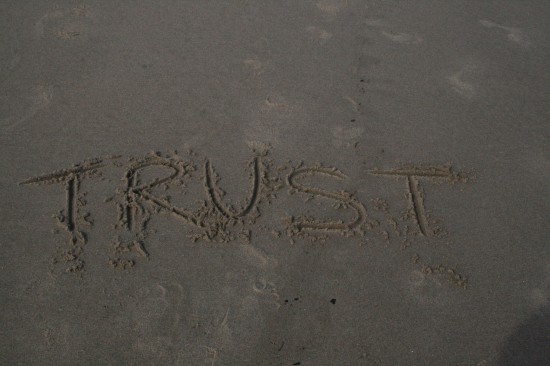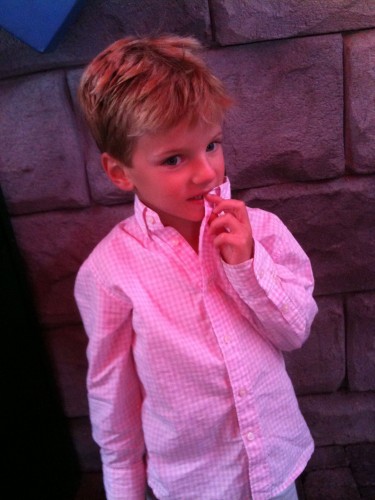
We got home from Legoland at 11 at night, so the kids’ clocks were all screwy. I woke Whit up the next day at 10am, and he’d fallen asleep in the car that afternoon, something he hasn’t done in years. I put him to bed early, a little surprised but very glad when he curled up with his new animals from Legoland without complaint.
A few minutes later I heard him crying. His sobs escalated and finally he burst through his door, face crumpled, streaked with tears. I was sitting at my desk, right near his room, and he flew down the hall into my arms.
“I don’t want to leave!” his face was wet against my shoulder.
Me neither. I nodded in silence.
“No, Mummy, I really don’t.” I pulled him up onto my lap, where he fits only awkwardly these days, feet dangling down and knocking against my shins.
“I know, Whit. It’s hard to come home from something like Legoland. It’s hard when something we have looked forward to for so long is over.”
He snuffled against my shoulder and then leaned back, looking me right in the eye. “No, Mummy,” his voice was clear. “I wish we hadn’t gone because then I wouldn’t miss it.” My heart stopped. Oh, how I know that feeling. Much like my conviction that we have to accept the risk of everyday life and still, admire the blue sky, I know this to be true: you can’t skip experiences you know you’ll miss in fear of that missing. No, no, no.
“Oh, Whit, no. Don’t say that! You can’t live like that.” He frowned at me. “I promise you we will go back,” I said, my voice fervent.
He bounced off my lap, suddenly, wiped his face and said, “Will we take direct flights?”
What? I was confused. We connected in Dallas last year and this year flew on Jet Blue, with no stops, and he loved the TVs and was riveted the whole way in both directions. I shook my head, laughing inside at the random skipping of his mind. What a fascinating terrain the inside of his head must be. I thought of one of his stock answers when I react to his random, funny interjections: I ask “Whit, where are you from?” exasperated and laughing at the same time. He always answers, deadpan, “Texas.” He is so funny, that guy.
Whit’s flare of humor quickly subsided, though, and he started crying again. I picked him up and carried him to his bed where we sat for a long while, his tears slowly easing as I rubbed his back and kept whispering promises that we would go back. Finally he went to sleep, his arm thrown over the green bear, Lego, that he won last year.
I can’t stop thinking about his words, though. I am as certain as I am of almost anything that we can’t avoid doing things we love just to assure that we don’t have the heartbreak of missing them after the fact. Right? I do, however, know the seduction of this notion, and am intimately familiar with the moments when the intensity of the missing is so strong it feels unbearable. Pam Houston’s gorgeous words rise in my mind, shimmering with their truth. Whit reminds me that this is a lesson I am learning over and over and over again; somehow I never seem to fully learn it. It never stops hurting, either, that missing. But that’s okay. That is living fully. I longer aspire to not miss things. Instead, I hope to accept the missing as the other side of joy, the loss as an integral part of life.
I wanted her to see that the only life worth living is a life full of love; that loss is always part of the equation; that love and loss conjoined are the best opportunity we get to live fully, to be our strongest, our most compassionate, our most graceful selves.
-Pam Houston

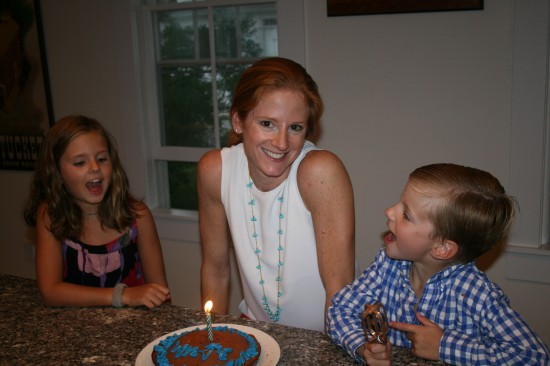 my birthday, my blog’s birthday: the same, yet different!
my birthday, my blog’s birthday: the same, yet different!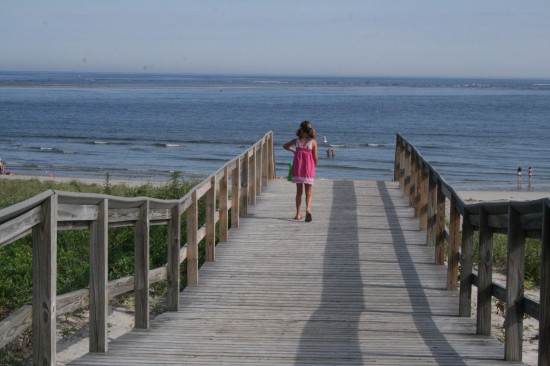 On September 1st I took Grace and Whit on a last summer adventure. We drove about an hour north to the beach. The day was magical. It started out with Grace noticing a rainbow in the cloudy sky – not the standard arc but literally a patch of rainbow among the clouds. I thought of
On September 1st I took Grace and Whit on a last summer adventure. We drove about an hour north to the beach. The day was magical. It started out with Grace noticing a rainbow in the cloudy sky – not the standard arc but literally a patch of rainbow among the clouds. I thought of 